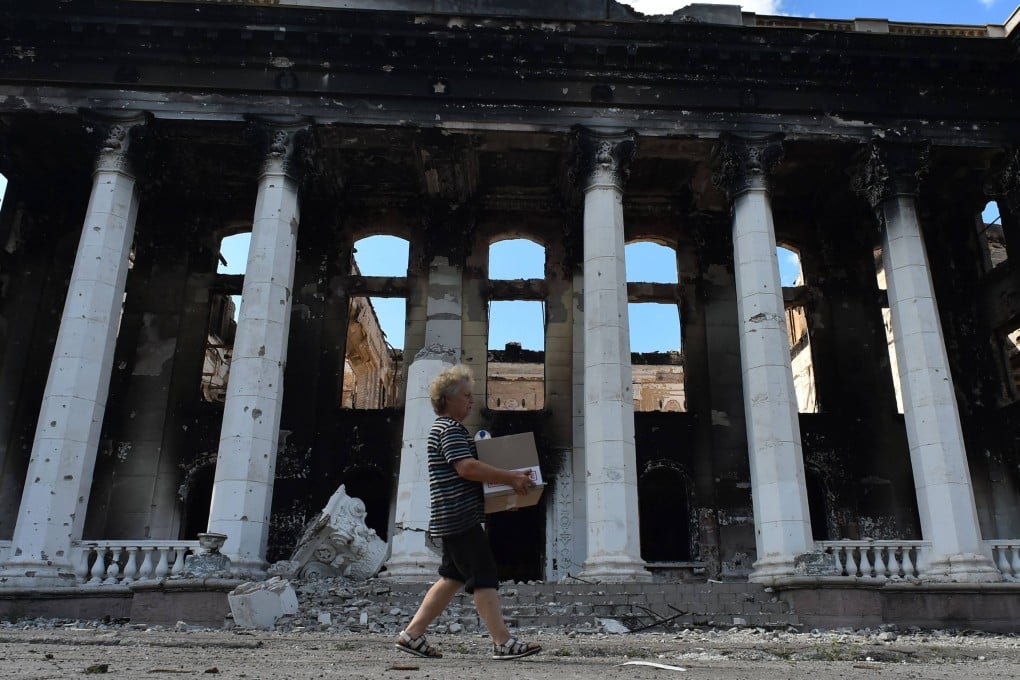Advertisement
Opinion | Russia’s war in Ukraine is more than just a battle of ‘good vs evil’
- Democracy is part of the story, but the truth is that Russia’s decision to invade Ukraine is complex and involves numerous factors
- Ignoring Russia’s ‘civilisational turn’ and mobilised historical memory leads to a flawed understanding and ineffective policies
Reading Time:3 minutes
Why you can trust SCMP
39

New Zealand Prime Minister Jacinda Ardern received some scorn recently when she said in a speech to the Lowy Institute that the war in Ukraine should not be characterised as a war of “democracy vs autocracy”. Much of it has centred on the belief that Ardern betrayed the courageous Ukrainians fighting the autocratic Russians for their chance at a democratic future.
Advertisement
Democracy is undeniably part of the story of the war in Ukraine. Remember, it was not the threat of Nato expansion that sparked Russian action against Ukraine in 2014 but, rather, the prospect of Ukraine aligning politically with the European Union.
Importantly, though, the Kremlin’s fear was not democracy in Ukraine per se. Historically, Ukraine has never been close to reaching the kind of reform which would justify calling it a “liberal democracy”. Under Ukrainian President Volodymyr Zelensky, it was not threatening to change this any time soon.
Furthermore, the EU’s once-lauded ability to facilitate democratic transitions has been stymied by domestic issues. What Russia feared most was the perceived threat of having a disloyal regime in Ukraine, the most important country in its self-anointed “zone of privileged interests”.
After witnessing the Arab spring and the toppling of numerous authoritarian regimes across the Middle East and North Africa – especially the brutal demise of Muammar Gaddafi in Libya – the Kremlin chose to see the prospect of having a Western-aligned democratic Ukraine on Russia’s border as something of a Trojan horse.
Advertisement
Furthermore, the broader claim that Russia and China represent a serious global challenge to democracy seems to be tenuous. Russia and China are increasingly authoritarian states that have taken action to undermine liberal democracies.

Advertisement
